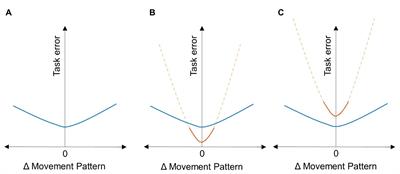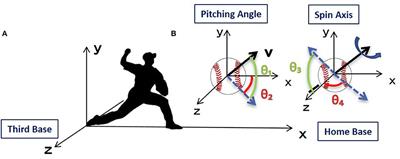EDITORIAL
Published on 09 Aug 2021
Editorial: Search of Individually Optimal Movement Solutions in Sport: Learning Between Stability and Flexibility
doi 10.3389/fpsyg.2021.728375
- 1,526 views
- 2 citations
35k
Total downloads
201k
Total views and downloads
Select the journal/section where you want your idea to be submitted:
EDITORIAL
Published on 09 Aug 2021
SYSTEMATIC REVIEW
Published on 07 May 2021

ORIGINAL RESEARCH
Published on 07 Apr 2021

ORIGINAL RESEARCH
Published on 30 Sep 2020

ORIGINAL RESEARCH
Published on 18 Sep 2020

HYPOTHESIS AND THEORY
Published on 11 Sep 2020

PERSPECTIVE
Published on 13 Aug 2020

HYPOTHESIS AND THEORY
Published on 14 Jul 2020

ORIGINAL RESEARCH
Published on 30 Jun 2020

ORIGINAL RESEARCH
Published on 21 May 2020

HYPOTHESIS AND THEORY
Published on 24 Apr 2020

ORIGINAL RESEARCH
Published on 15 Apr 2020


Frontiers in Sports and Active Living
Movement ScienceOffline